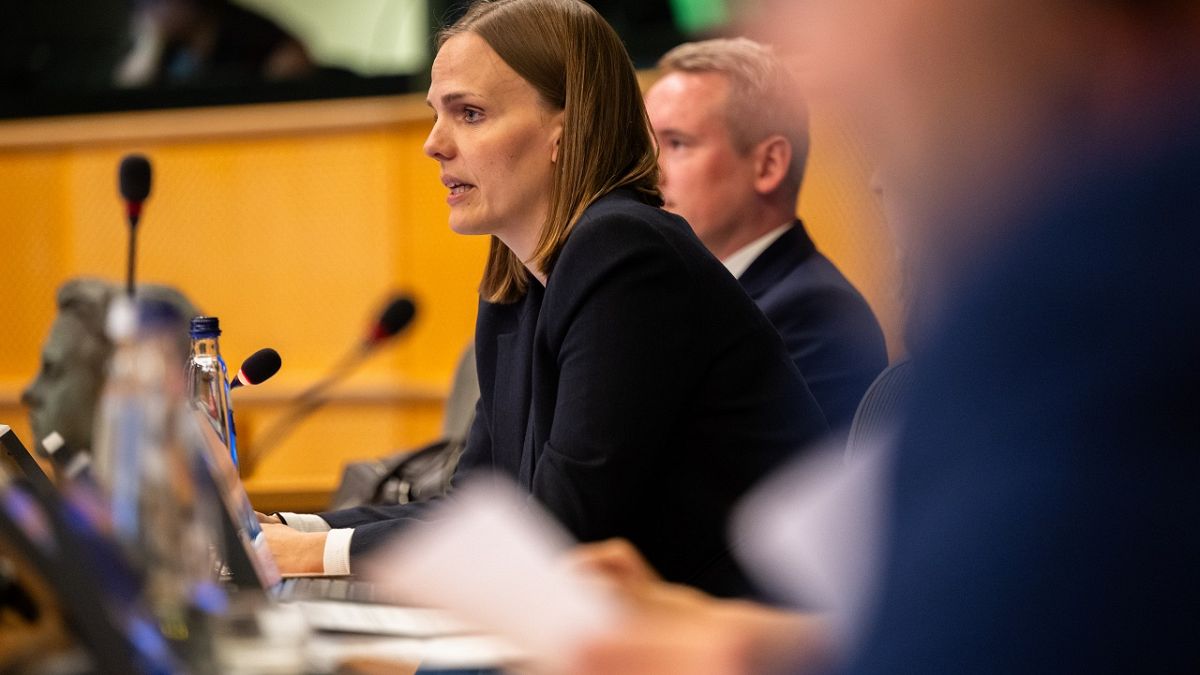

In an increasingly interconnected world, nations and communities are striving to address a range of pressing issues with care and consideration. From safeguarding the well-being of minors online to addressing historical injustices, and celebrating cultural diversity, governments and communities are taking thoughtful steps towards a harmonious future. Let us explore these topics, as we reflect on the ways societies are evolving to meet current challenges.
The European Commission has recently set forth important guidelines aimed at enhancing the protection of minors in the digital space. Recognizing the unique challenges posed by the online environment, these guidelines address several critical issues such as addictive design, cyberbullying, and the presence of harmful content. This initiative is part of a broader effort to ensure that online platforms contribute positively to the development and well-being of young users. Denmark, among other European nations, is calling for stronger regulations to further bolster these protective measures. By implementing such guidelines, the hope is to create a safer and more nurturing online environment that allows minors to thrive and explore responsibly.
Meanwhile, in the United Kingdom, a significant step has been taken to address the safety of Afghan nationals who had previously applied for resettlement following the Taliban’s resurgence in Afghanistan. Concerns over security and privacy arose after a major data leak inadvertently exposed the details of nearly 19,000 individuals. In response, the UK government has undertaken coordinated efforts to discreetly resettle affected Afghans. This development underscores a commitment to providing a safe haven for those who are vulnerable, sheltering them from the uncertainties of a volatile region, and offering them a new start in life.
France is also engaging in an important dialogue regarding its colonial past in West Africa, specifically related to historical events in Niger. While the French government has expressed an openness to discuss possible reparations and engage in bilateral dialogue, it has yet to fully acknowledge its role in past injustices, including the burning of villages and the looting of cultural artifacts. The willingness to engage in discussions and conduct provenance research highlights a movement towards reconciliation and the recognition of historical ties. These gestures, though complex, are vital in rebuilding trust and fostering cooperation between nations, bolstering mutual respect, and understanding.
Closer to home, an event at a school in Warwickshire, UK, has sparked conversations about cultural representation and inclusivity. During a “culture day” at the secondary school, designed to celebrate the diverse cultural backgrounds of its students, a young girl was disallowed from presenting her speech while wearing a dress adorned with the union flag. The event had encouraged students to embrace their heritage by donning outfits that reflect their nationality or familial roots. The situation has since drawn attention, prompting apologies and sparking further discussion on how to inclusively celebrate cultural diversity within educational settings.
These varied initiatives and developments are indicative of a world where thoughtful engagement and deliberate actions are being employed to address both current and historical challenges. As communities and nations work towards meeting these complexities with mindfulness and respect, they lay the groundwork for a future that values safety, dignity, and inclusivity for all individuals.
Source: {link}
